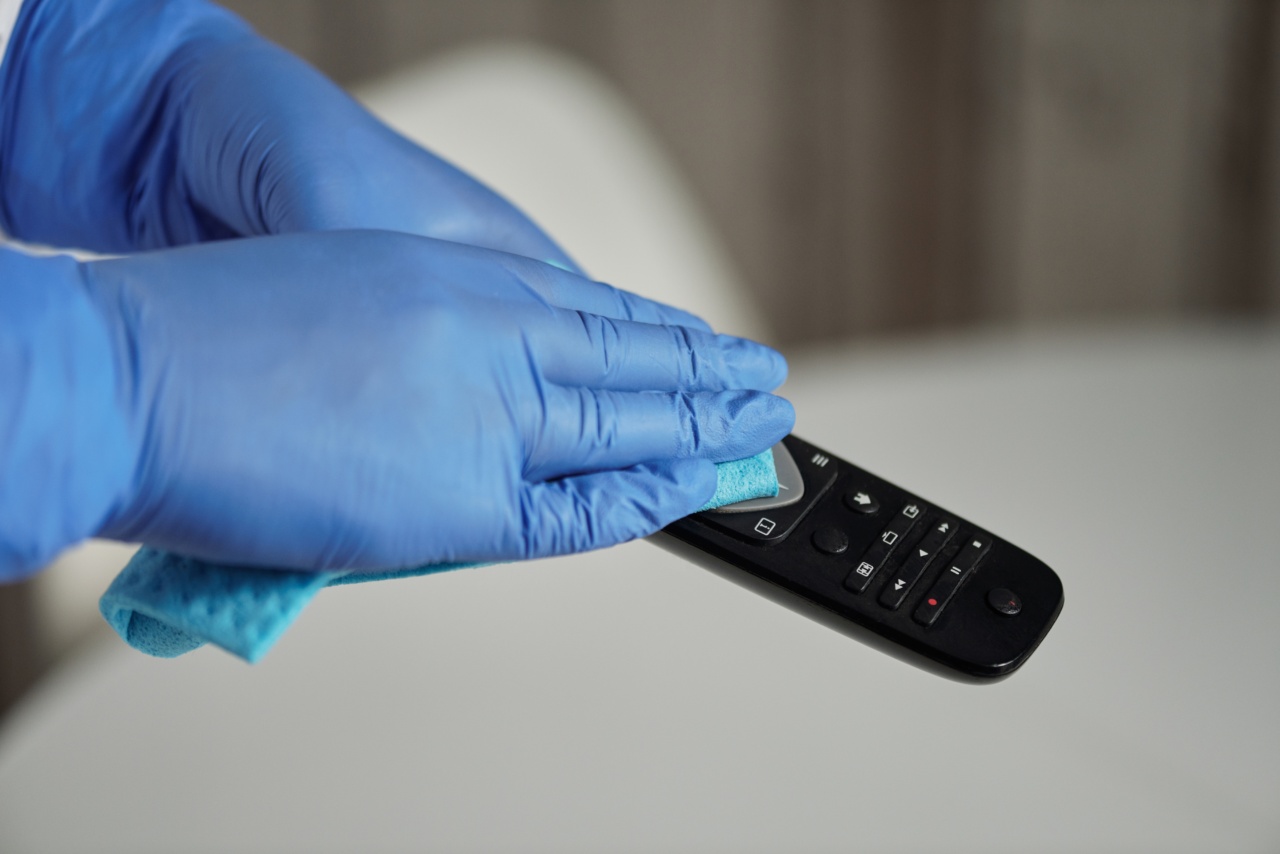Eye dryness is a common problem that affects many people, especially those who spend long hours in front of a computer or in dry environments. The condition can be uncomfortable and can cause irritation, redness, and even blurred vision in some cases.
Fortunately, there are easy ways to avoid dryness and protect your eyes from damage.
1. Blink regularly
Blinking helps to moisten your eyes and spread tears evenly over the surface. When you concentrate for long hours, you are likely to blink less often, which can cause dryness.
It is essential to take frequent breaks and blink regularly to keep your eyes moist and prevent eye strain.
2. Use a humidifier
Dry air can aggravate eye dryness, especially in winter when indoor heating is on. Using a humidifier can add moisture to the air and prevent dryness, especially at night when you are likely to sleep with your eyes open.
A humidifier can also help to relieve nasal congestion and reduce snoring.
3. Wear protective eyewear
When you are exposed to wind, dust, or bright sunlight, your eyes are likely to become dry and irritated. Wearing protective eyewear, such as sunglasses or goggles, can reduce your exposure to these elements and minimize your risk of eye dryness.
4. Use eye drops
If you have chronic eye dryness or spend long hours in front of a computer, you can use eye drops to add moisture to your eyes. There are many over-the-counter eye drops that are specifically designed to relieve dryness and lubricate the eyes.
However, it is crucial to consult your eye doctor before using any eye drops, especially if you wear contact lenses or have other eye problems.
5. Take frequent breaks
If you spend long hours in front of a computer, you should take frequent breaks to rest your eyes and prevent dryness. The 20-20-20 rule is a good way to remember to take breaks.
Every 20 minutes, look away from your screen and focus on an object that is at least 20 feet away for 20 seconds. This will help to reduce eye strain and promote eye health.
6. Stay hydrated
Drinking plenty of water can help to prevent dehydration and reduce the risk of eye dryness. A lack of fluid in your body can affect your tear production and cause your eyes to become dry.
It is recommended that you drink at least eight glasses of water per day to stay hydrated and maintain your eye health.
7. Maintain a healthy diet
Eating a healthy diet can also help to promote eye health and prevent dryness. Foods rich in omega-3 fatty acids, such as salmon, tuna, and nuts, can help to reduce inflammation and promote tear production.
Foods high in vitamin A, such as carrots, sweet potatoes, and leafy greens, can also help to maintain eye health and prevent dryness.
8. Avoid smoking
Smoking can not only increase the risk of lung cancer and heart disease but can also damage your eyes and cause dryness. Smoking can reduce tear production and cause your eyes to become dry and irritated.
Avoiding smoking and secondhand smoke can promote eye health and prevent dryness.
9. Reduce screen time
Spending long hours in front of a screen can cause eye strain and lead to eye dryness. It is essential to reduce screen time and take frequent breaks to rest your eyes and prevent dryness.
Using screen filters and adjusting the brightness and contrast of your screen can also help to reduce eye strain and prevent dryness.
10. Get regular eye exams
Regular eye exams can help to detect eye problems early and prevent eye dryness and other eye conditions. Your eye doctor can check your vision, screen for eye diseases, and provide you with recommendations on how to maintain your eye health.
It is recommended that you get your eyes checked every two years if you are under 60 and every year if you are over 60.
Conclusion
Eye dryness is a common problem that affects many people, especially those who spend long hours in front of a computer or in dry environments. By following the tips mentioned above, you can protect your eyes and prevent dryness.
Remember to blink regularly, use a humidifier, wear protective eyewear, use eye drops, take frequent breaks, stay hydrated, maintain a healthy diet, avoid smoking, reduce screen time, and get regular eye exams. Taking care of your eyes is essential for your overall health and well-being.




























